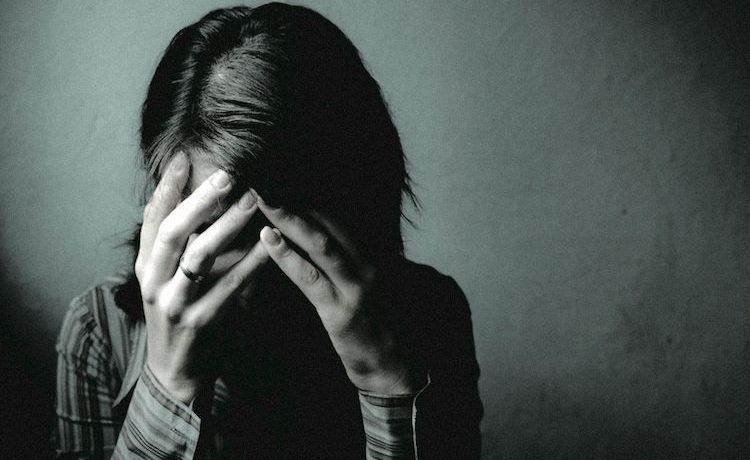Understanding trauma, how it looks and feels and how to cope with it, is different for everyone.
Trauma can be defined as an emotional response to deeply distressing events. Some examples include an accident, loss of a loved one, an illness or injury, natural disaster, severe bullying or violent attack.
It is important to understand that there is no right or wrong way to respond to trauma. The way an individual reacts, can depend on a variety of circumstances, such as; the severity of the traumatic event, the support available during and after the event and an individuals’ coping strategies.
Responses to traumatic experiences can be psychological, emotional, physical and/or behavioural. Emotional or psychological symptoms may present as:
- Depression
- Anxiety and fear
- Shock and denial
- Anger
- Sadness and hopelessness
- Self-blame
Physical and behavioural symptoms may present as:
- Fatigue
- Headaches
- Increased heart rate
- Difficulty concentrating
- Insomnia
- Withdrawal from friends and family
- Aggression towards loved ones
These symptoms can occur for a few days, weeks, several months and sometimes longer, if left unresolved. It is important to ensure you are taking the right steps for you, to begin the healing process. Recognising that you have been through a distressing experience and that you are not feeling your ‘normal self’ is the first step to recovery.
Here are some strategies that may be helpful on your road to recovery:
- Connect with friends and family – you don’t have to talk about the traumatic experience, but isolating yourself can make you feel worse.
- Continue to engage in your usual day to day routine as much as possible.
- Exercise regularly – going for a walk once a day or a few times a week can help calm your nervous system.
- Practice mindful breathing – take some deep breaths regularly throughout the day, focussing your attention on each breath, to help you recentre.
- Maintain good sleeping and eating habits.
- Write down some of your thoughts and feelings to help process the experience.
If the severity of your symptoms, do not change or deteriorate within a few weeks, you may need some help from a health professional. Making an appointment to see your GP to discuss your symptoms, can help you determine your next steps.
A referral to a trauma specialist may be required when:
- You are having trouble functioning at work or home
- You feel numb or empty
- You are thinking about or have commenced using alcohol or other substances to manage your feelings.
- You have no support
- You continuously relive the traumatic experience with memories, nightmares or flashbacks
There are several organisations that provide support for those who wish to educate themselves on the support services available. They are Lifeline, Beyond Blue, Grief Line, Centre Against Sexual Assault and Direct Line.
More information can be found on our website
Sources:
https://www.helpguide.org/articles/ptsd-trauma/coping-with-emotional-and-psychological-trauma.htm
https://www.betterhealth.vic.gov.au/health/conditionsandtreatments/trauma-reaction-and-recovery

